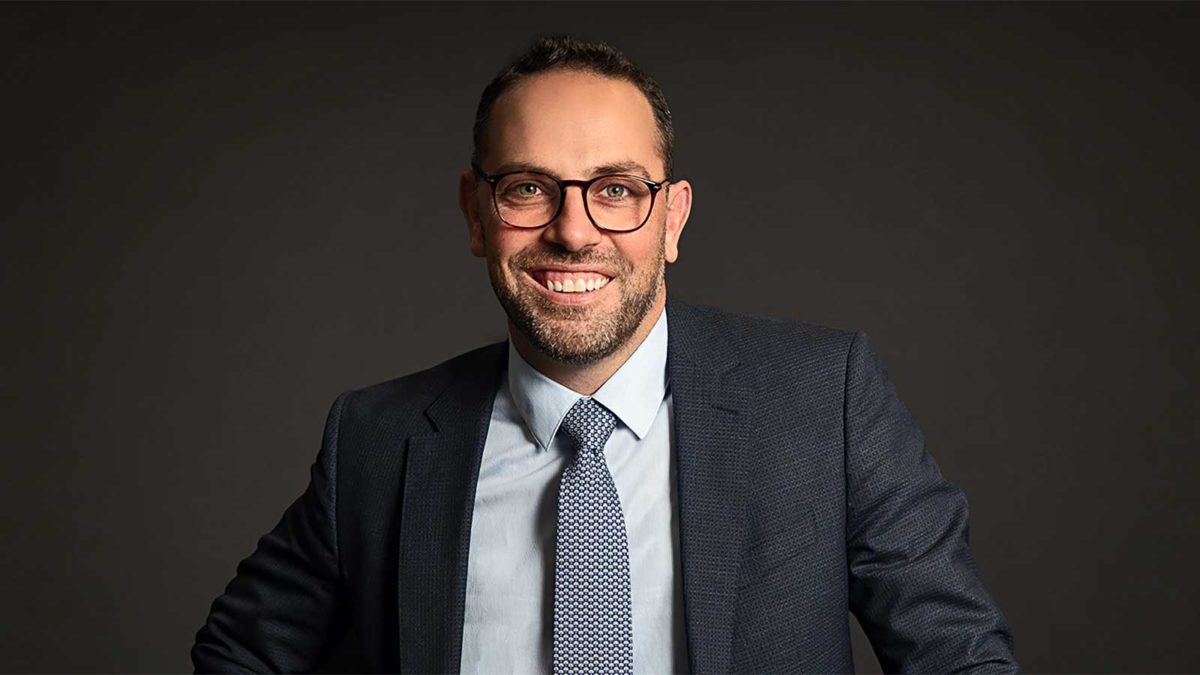Instos chase decarbonisation as climate threat looms
The advent of Your Future Your Super (YFYS) and a new wave of climate regulation means institutional investors are increasingly turning their gaze towards decarbonisation, according to Northern Trust Asset Management.
Scott Bennett, Northern Trust Asset Management head of quantitative research and client solutions for Australia and New Zealand, believes YFYS and other regulations have seen investors taking a “very keen eye” to the active risks that they’re taking in a new regulatory environment and managing risk budgets much more intentionally.
“There’s a greater emphasis on more targeted and customised solutions for investors,” Bennett says. “Asset managers are becoming much more cognisant of the underlying members they represent and making sure that portfolios are aligned with member interests and intentions by being much more specific in the objectives of investment strategies.”
“We’re also seeing a lot of pressure around fees and funds looking to consolidate manager lineups. This has led to a greater utilization by investors of more systematic, broad-based and risk-controlled strategies, at a much more reasonable cost than traditional active managers.”
Northern Trust Asset Management has accordingly seen high institutional interest in its Quality ESG (QESG) strategy, which now has $1.8 billion in assets under management globally after being created six years ago. The strategy integrates quality factors to find companies that are not just managing their exposure to ESG risks, but which also have strong cash flows and balance sheets. Bennett says: “It can’t just be about sustainability; it has to be about profitability as well.”
“As investors start to focus on net zero, they are increasingly looking at how they can incorporate sustainability into their portfolio. For QESG, where we’re seeing a lot of demand is investors looking for not just how they improve the sustainability profile of their portfolio but also how they position for some of the positive returns associated with that as well,” Bennett says.
Decarbonisation has become “an imperative” for many of Northern Trust Asset Management’s clients, who are now actively working towards the global goal of net zero carbon emissions by 2050. Bennett says Northern Trust Asset Management has developed “quite a significant skillset” in managing sustainability goals, developing its own proprietary ESG scores based on industry initiatives and buffering its quality-based approach with a robust stewardship and engagement policy – but while portfolio decarbonisation methods have historically focused on divestment, he believes that investors need to look closely at those more established industry players that are most likely to benefit from the transition to net zero.
“Everybody’s focused on avoiding carbon exposure, but investors need to look at how to identify those companies that are best positioned for that transition – even within sectors like energy, there are opportunities to participate in the transition away from fossil fuels towards renewables. I think there’s still more development opportunities for the industry to become increasingly forward looking.”
“When I look across our client portfolios in Australia and New Zealand, 90 per cent of the assets have some form of sustainability management incorporated . We don’t see it as a different skillset; it’s core to our offering, and that’s what we’re seeing from clients as well. It’s not a separate discussion around incorporating sustainability. It’s fully integrated into the problem and the solution.”

“Some of the techniques where you’re not utilising risk-controlled optimisation solutions can – by virtue of a focus on climate or ESG alone – inadvertently introduce unintentional risk biases, such as sector concentration risk,” says Julie Moret, Northern Trust Asset Management global head of sustainable investing and stewardship. “What we’ve found was that sustainability information, used alongside fundamental or quantitative techniques, can create portfolios that have better downside risk protection whilst also meeting sustainability and return objectives.”
Moret believes that the Covid-19 pandemic underscored the interconnectedness of people, planet and profit. It accelerated pre-existing themes such as climate and amplified societal risks from the growing inequality in society. The push towards decarbonisation now represents a structural shift that institutional investors “can no longer ignore”, with key questions still to be answered about how some industries will manage the transition to net zero.
“When we talk about climate and decarbonisation, really what we’re talking about is a complete rewiring of the entire economy. One has to be really clear that there are many stakeholders in that value chain; and as investors, where we have the greatest influence is engagement for change with corporates, but also increasingly with policy makers and regulators.”
Moret notes that regulators are becoming increasingly engaged on the impacts climate change will have on civil society – she notes that in 2017 the European Central Bank mentioned climate change only 9 times, but has mentioned it more than 300 times between January and May – and that Australia is likely to be informed by the path that European regulators have already set by taking a closer look at decarbonisation in portfolios.
“What’s been really interesting for me to observe is the ripple effect; this is not just regional,” Moret says. “You’ve seen how these initiatives are beginning to influence policy thinking and regulation in the Asia-Pacific region, even in the US we’re beginning to see a much more engaged stance on climate issues. I think it’s an absolute reasonable expectation that this will begin to influence thinking in other markets, because climate is such a broad macro theme.”
“It’s increasingly important to understand that investment decisions are not taken in a vacuum,” Moret says. “They do have real world impacts, real world consequences. One can understand why we are seeing regulators and policymakers becoming increasingly engaged on these issues, and I’d say it would be prudent and incumbent upon capital allocators to have a wider appreciation – not just of the responsibilities we are tasked with, which is to protect and enhance capital – but also the impacts these decisions have on the ‘real economy’.”










